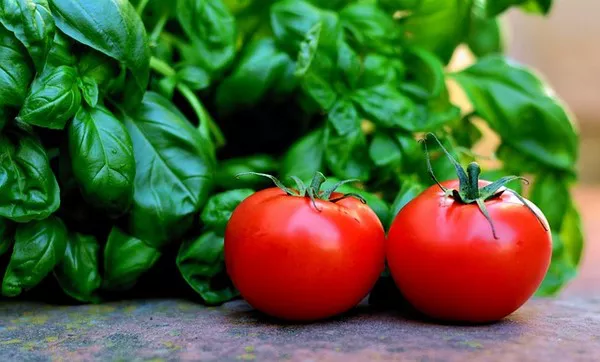In a breakthrough study by researchers at the University of California, Davis, published in Nature Plants, the hidden role of exodermal suberin in tomatoes has been unveiled, shedding light on how plants adapt to water stress. The findings could pave the way for the development of drought-resistant crops.
Plants, faced with the need to adapt to environmental changes, deploy flexible and adaptive methods to survive. To cope with drought, plant roots produce a water-repellent polymer called suberin, preventing water loss by blocking its flow towards the leaves where it could quickly evaporate.
While suberin production in some plants occurs in endodermal cells lining the vessels inside the roots, tomatoes, and potentially other plants, produce suberin in exodermal cells located just beneath the root’s skin. The role of exodermal suberin has remained a mystery until now.
The recent study, led by Professor Siobhan Brady and postdoctoral scholar Alex Cantó-Pastor, demonstrates that exodermal suberin serves the same water-stress coping function as endodermal suberin. Without it, tomato plants exhibit reduced ability to withstand water stress, akin to leaving a tap running.
The researchers employed a combination of classical and cutting-edge methodology to identify genes actively used by root exodermal cells and create mutant tomato plants lacking functional versions of suspected genes related to suberin production. Seven crucial genes were identified, with SIASFT, an enzyme, and SlMYB92, a transcription factor, found to be essential for suberin production.
Exposing mutant tomato plants to a ten-day drought revealed that both SIASFT and SlMYB92 are crucial for suberin production and the plant’s ability to cope with water stress. Under drought conditions, mutant plants displayed increased stress and wilted more significantly than their well-watered counterparts.
The findings provide valuable insights into enhancing drought tolerance in crops. Professor Siobhan Brady expressed excitement about incorporating the discovery into field tests to make tomatoes and potentially other crops more resilient to drought. The study highlights the potential of manipulating suberin production as a tool to bolster plants against challenging environmental conditions, marking a significant step toward developing more resilient and adaptable crop varieties.


